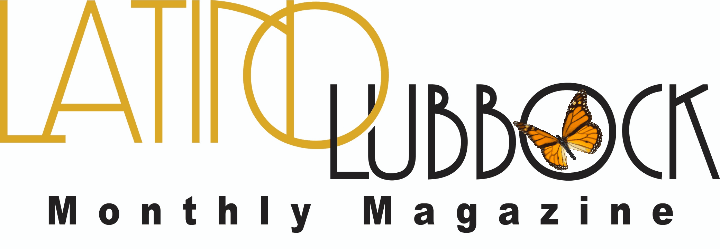New Partnership Calls for the Use of CARES Act Funding to Serve People Experiencing Homelessness, Hi

“The Framework for an Equitable COVID-19 Homelessness Response” provides guidance on how communities can effectively focus current and future funding & navigate their response to COVID-19 with a racial justice and equity approach.
Washington, DC – A partnership of seven leading national organizations and experts have launched the Framework for an Equitable COVID-19 Homelessness Response to guide how homelessness systems can leverage the CARES Act to simultaneously conduct emergency protective measures while planning for recovery-oriented uses of these funds.
This is an unprecedented time with extraordinary challenges. The coronavirus pandemic has disproportionately impacted people with low incomes who were already struggling before COVID-19 with severe rent burdens or homelessness. Black and Native American communities are bearing the brunt of COVID-19 infections and fatalities, and Latinos bear the brunt of historic job losses. The CARES Act included $4 billion in Emergency Solutions Grants to help prevent an outbreak among sheltered and unsheltered people experiencing homelessness and very low-income households (earning less than 50% of Area Median Income) who are at risk of homelessness. More federal investment, beyond the CARES Act, is critically needed to fully recover from the pandemic. CARES Act funding is an important step forward and marks the beginning of the critical work organizations and communities must do to ensure it is allocated quickly and effectively and reaches the people and communities most in need.
We have developed a series of guides to accompany the Framework and help drive implementation and coordination across many partners and all levels of government, including public health, emergency management, homelessness assistance, housing, human services, healthcare, and others. Making the Case is the first of several materials to be released between now and October 2020; in it, we recommend values to drive smart planning and execution to address the public health and economic effects of the pandemic, so that communities can emerge from the pandemic even stronger. An accompanying video provides additional information on the values and approaches needed to implement this Framework.
Upcoming products will include:
A guide on how to implement equity-based decision-making processes at the community and organizational levels, to ensure that people with lived expertise are at the table and participate in decision-making;
Briefs and videos that identify strategies to serve populations who have been marginalized historically and by COVID-19;
A geographic targeting tool that will help identify specific neighborhoods where households are heavily impacted by COVID-19 and by its economic effects so that funds can be directed to families and organizations in those communities; and
Outreach and implementation tips for impactful strategies like landlord engagement, working with small landlords, and diversion approaches.
This work is funded by the Melville Charitable Trust, Funders for Housing and Opportunity, and through in-kind work by the partners. Partners in this effort include:
Center on Budget and Policy Priorities
National Alliance to End Homelessness
National Health Care for the Homeless Council
National Innovation Service
National Low Income Housing Coalition
Urban Institute
Former Executive Directors of the US Interagency Council on Homelessness Matthew Doherty and Barbara Poppe
“The public health and economic crisis created by COVID-19 has disproportionately impacted people experiencing homelessness, communities of color, and people with disabilities,” said Diane Yentel National Low Income Housing Coalition (NLIHC) president and CEO. “The appropriation of $4 billion in Emergency Solutions Grants creates an unprecedented opportunity to transform our country’s homelessness response system into one that centers racial equity and focuses on quickly moving people into affordable homes. On behalf of NLIHC, I look forward to working with our partners throughout the country to support their important and difficult work and to make this vision a reality.”
For more information on The Framework for an Equitable COVID-19 Homelessness Response and to view available products, visit: https://tinyurl.com/y93zhpow
View an introduction video about The Framework at: https://tinyurl.com/y84wsc39
View the Making the Case for the Framework for an Equitable COVID-19 Homelessness Response video at: https://tinyurl.com/y7gj5nga
View a video on prioritizing Emergency Solutions Grant-CV resources: https://tinyurl.com/ybhloba2
###
Posted by Latino Lubbock Magazine Digital Media Read the June Issue of Latino Lubbock Magazine online at https://www.latinolubbock.net/magazine-preview Please visit www.latinolubbock.net for a centralized list of COVID-19 resources. For advertising call (806)792-1212











